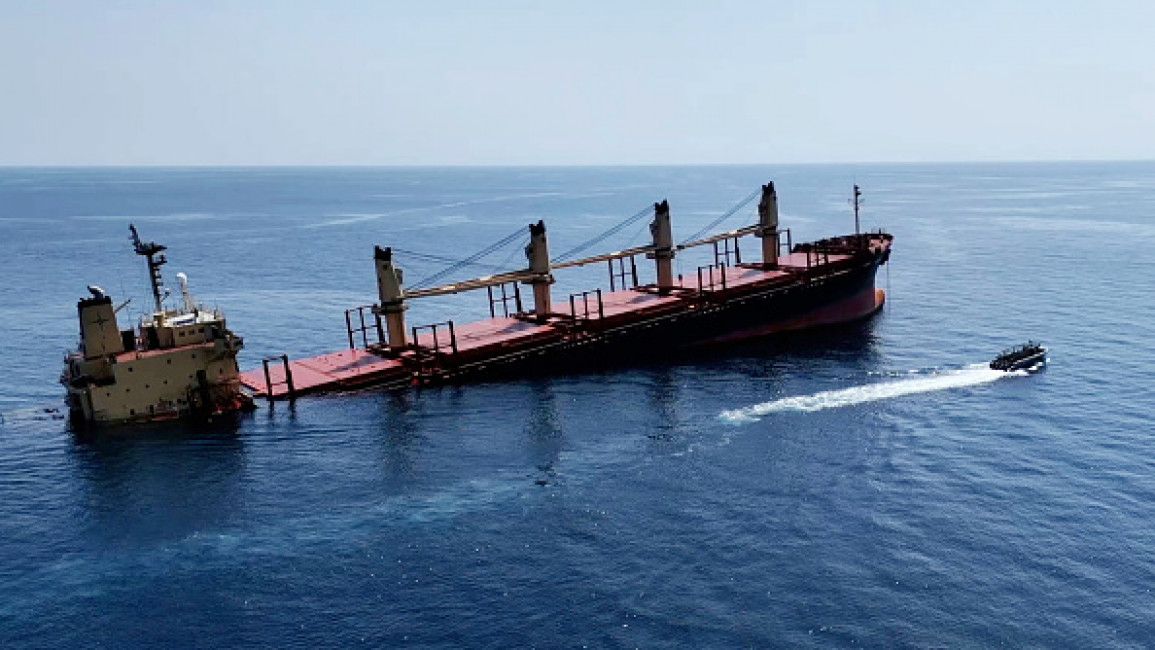More than three months have elapsed since the United States launched its naval task force Operation Prosperity Guardian, accompanied by American and British airstrikes in January, that aimed to deter Yemen’s Houthis from attacking Red Sea trade.
Despite these efforts, the Houthis have not relented on their drone and missile attacks on a broad spectrum of international shipping cargoes, as well as US-led naval forces themselves.
Ultimately, the ongoing standoff raises questions over future security in the region and Yemen, as well as the potential for it to enhance Iran’s influence, given its support for the Houthis.
Yet it also cast doubts on whether the US can continue policing this vital shipping route, through which 10-15 per cent of global trade and 30 per cent of the world’s hydrocarbons have traditionally passed.
“Beyond assembling a naval coalition of various Western allies to protect shipping, and conducting airstrikes to degrade the Houthis’ military capabilities, the Biden administration appears to lack a solid plan on how to address the crisis”
Unsustainable Western policy
Beyond assembling a naval coalition of various Western allies to protect shipping, while conducting airstrikes to degrade the Houthis’ military capabilities, Joe Biden’s administration appears to lack a solid plan on how to address the crisis.
As Yemeni analyst Baraa Shiban wrote, the US-led response and airstrikes “do not showcase a sustainable Western policy towards Yemen, but instead represent a confused military strategy that’s unlikely to produce results”.
Indeed, following nearly eight years of brutal war in Yemen, which has killedupwards of 377,000 people through direct and indirect causes, the Houthis have expanded their territory and styled themselves as official representatives in the country.
That’s despite the country still being split between the Houthis, the internationally recognised government, and UAE-backed southern forces.
Stagnated UN-led peace measures since a ceasefire in April 2022 have also enabled the Houthis to fill the vacuum left by a devastated Yemeni state. These international diplomatic initiatives have been further neglected amid the focus on wider regional tensions.
The faction has continued brutally imposing its rule through measures such as unfair trials, arbitrary arrests, public flogging, punishments like crucifixion, and smuggling of humanitarian aid.
However, the Houthis’ position looks set to grow stronger.
While the initial airstrikes were believed to have dented Houthi capabilities, US officials have admitted that locating many Houthi weaponry storage targets has proved challenging, showcasing a black hole in their intelligence.
Indeed, throughout Yemen’s war, the Houthis have demonstrated their versatility and abilities to withstand the damage of Saudi Arabia-led airstrikes, with its military assets scattered across mountainous and urban areas.

